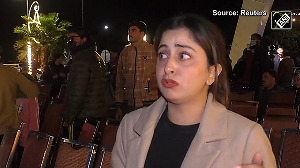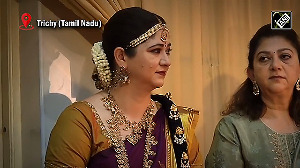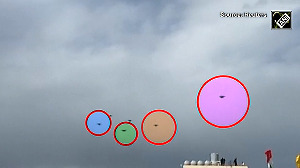The situation in Nepal following the postponement of the crucial constituent assembly polls, bilateral ties and the Terai issue are likely to figure during the talks Foreign Secretary Shyam Saran will have with senior officials and political leaders in Kathmandu.
The Indian official is arriving in Kathmandu on a two-day visit on Wednesday afternoon to take stock of the political situation that has developed after a lack of consensus over Maoist demands for declaring the country a republic led to the postponement of November election.
Saran, a former Indian ambassador to Nepal, is coming as the special envoy of the prime minister, according to Indian Embassy sources.
He will meet top leaders, including Prime Minister Girija Prasad Koirala, Maoist chairman Prachanda and CPN-UML general secretary Madhav Kumar Nepal, as also Home Minister Krishna Sitoula and Minister for Peace Ramchandra Poudyal.
Though there is no fixed agenda, bilateral cooperation, Terai issues, the ongoing peace process and latest political developments are likely to figure during the high-level talks Saran will have in Kathmandu, officials said.
The visit is being considered significant, as it is taking place at a crucial time when the Maoists have walked out of the government and warned to launch agitation to fulfill their two major demands.
Declaring a republic through Interim Parliament and adopting fully proportional electoral system were the two major pre-conditions put forth by the Maoists to participate in the polls.
The international community, including India, has been calling on Nepal to hold election at the earliest. Coinciding with Saran's visit, the Interim Parliament is holdin a special session from Thursday to discuss the Maoists' major demand of declaring Nepal a republic.
The other political parties, including the Nepali Congress, had advocated deciding the fate of the monarchy through voting, whereas the Maoists were pressing for doing so without waiting for the constituent assembly polls.






 © 2025
© 2025